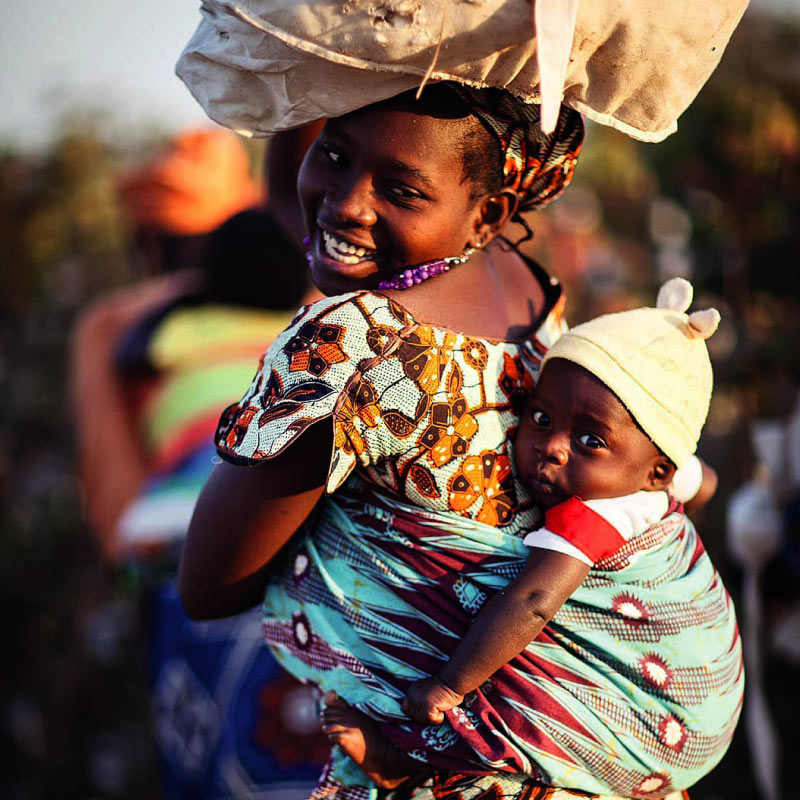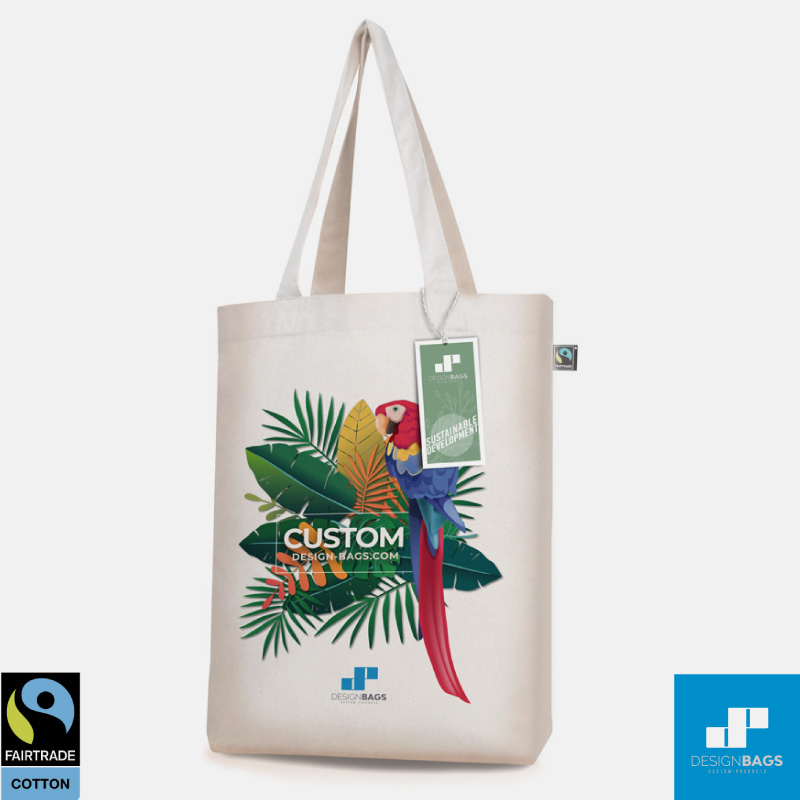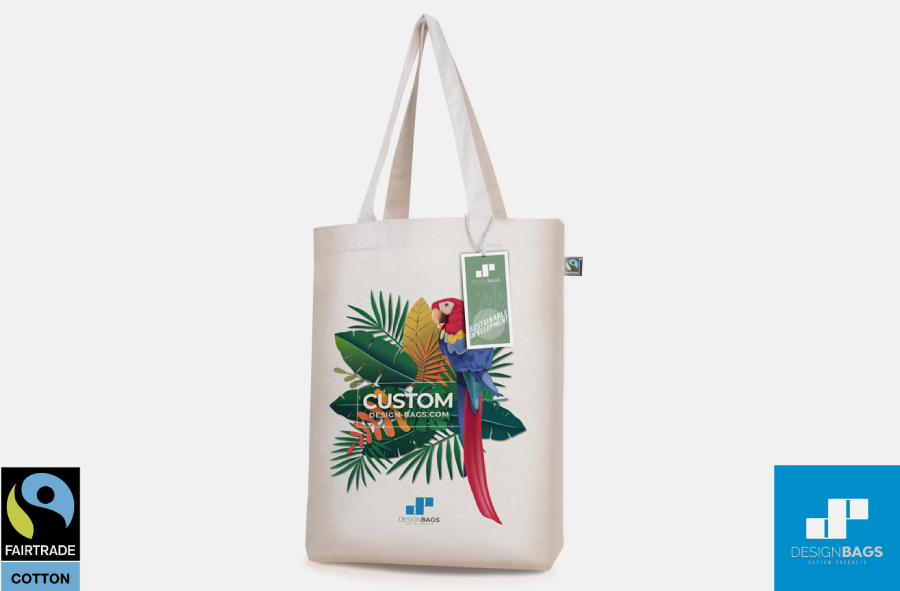There is no plan B or better said there is no planet B, we only have this one and we are not treating it well. We must be aware of the need to take care of our environment by producing and buying environmentally responsible products. How can we carry out this important work? We can start by taking care of the planet with fair trade, because its future depends on us.
We all know what climate change means and what are the consequences that the planet will suffer if we do not start to stop the pollution that we generate. But do we know what concrete actions we can do to protect the environment? Fair trade is about precisely this, to change our perception of how we are treating the world around us and how we can change it.
To give you an idea, each year we throw about 6,000 million kilos of garbage into the oceans, mostly plastic. Which directly translates into the death of more than 1 million birds, 100,000 mammals and countless fish and crustaceans. Do you really think we can’t stop this? Sure, we can! Starting by controlling everything we flush down the toilet, the type of dishwasher we use, recycling in our home and buying clothes or other products made with recycled, reused, ecological or fair-trade materials.
Furthermore, fair trade looks not only for the environment, but also for social justice and the fight against inequalities. Supports decent living and working conditions. Therefore, the products of this type of trade must comply with 5 basic rules collected by the World Fair Trade Organization that we show below.

The 5 basic rules of fair trade
1. Increased number of opportunities for economically disadvantaged producers. Fair trade in its fight against poverty supports the smallest, marginalized producers in their places of origin and fights for them to be self-sufficient.
2. A trade based on justice. For fair trade there is no superiority in any way. We are all equal and our capabilities and opportunities must be similar. Therefore, it encourages us to buy products from these small artisans and farmers in order to avoid unfair competition. In this way, we opted for an option that is not that of the large estates that move the large multinationals.
3. A reasonable price. The artisan does not have to be more expensive. Neither ecological, nor fair trade products focused on caring for the planet. This type of trade defends a reasonable price that can cover the expenses of the producers and, of course, that they obtain profits to live on it. A price that does not discriminate against any gender. We are all the same.
4. No to exploitation. This type of trade fights against that unhealthy superiority that exploits people to produce more for less money. It is also against forced labor, abuse, exploitation and, of course, child labor. Therefore, all fair-trade products have been produced from start to finish with respect for workers’ rights.
5. Love for the environment. As we have previously indicated, buying fair trade products is betting on quality products, on the rights of workers and on more environmentally responsible production processes. Thus, these products are manufactured considering these factors: do not pollute, minimize CO2 and reduce energy expenditure.

Fortunately, environmental awareness of the population continues to increase. According to data from the WTO, the first fair trade store in the world opened in 1969 and currently in Europe alone there are already more than 3,000 stores cataloged as such. Do not hesitate, go to change, go to fair trade. At Design Bags we have already opted for this initiative. You can see all our fair-trade products in our online catalog. They are ideal to give away at your events!

